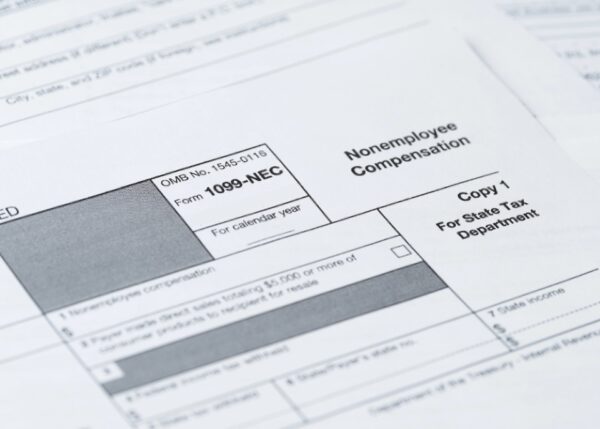Most dentists don’t spend much time thinking about how the IRS runs until something goes wrong. But when staffing levels are cut and outdated technology struggles to keep up, the ripple effects land directly on taxpayers and their advisors.
We saw this vividly during the COVID-19 years: mailrooms backed up, phone lines overwhelmed, and millions of paper-filed documents literally shredded. Unfortunately, even today, the IRS is still working with decades-old computer systems and a shrinking workforce. That combination makes routine tax administration harder than it should be, and it shows.
Longer Waits and Slower Processing
For dental practice owners expecting refunds, requesting transcripts for a business loan, or trying to resolve a tax notice, patience will be required. Reduced staffing means:
- Refund delays can stretch for weeks or months beyond normal timelines.
- Loan application slowdowns when lenders can’t get timely IRS transcripts to verify income.
- Tax notices drag on, with responses and resolutions sometimes taking months or years.
Fewer Ways to Reach Real Help
Calling the IRS has never been easy, but reduced staff only makes it worse. Hold times of 30–60 minutes used to be considered long; now, taxpayers often face dropped calls or phone lines that simply aren’t staffed.
On the paper side, even though electronic filing has expanded, the IRS still requires many documents to be mailed. When those pile up, processing lags, and sometimes correspondence goes missing altogether. That leaves taxpayers in limbo, waiting for updates that may never come without repeated follow-ups.
The Cost to Small Business Owners
For busy dental professionals, the biggest hidden cost of IRS delays is time. When an issue drags on, accountants and advisors have to chase down answers, resend documents, and make repeated attempts to get clarity. That extra effort translates into higher costs for taxpayers, especially when something simple gets stuck in the system.
Why This Matters for Dental Practices
Dental practices often need timely IRS documentation to move forward with loans, refinancing, or business expansions. Delays can disrupt cash flow planning and add stress to already complex business decisions. And when the IRS is slow to process credits, refunds, or responses to tax notices, it ties up both money and attention you’d rather devote to your patients.
Looking Ahead
Ideally, government leaders would reduce tax complexity and restore IRS staffing and systems so that taxpayer services remain effective. However, under current plans, the IRS is facing deep operating and enforcement cuts, with no clear indication that Congress will reverse course anytime soon. It remains crucial for taxpayers, especially small business owners, to prepare for extended response times and reduced service levels:
- File electronically whenever possible.
- Keep thorough records in case correspondence is misplaced.
- Build in extra time for loans or financial transactions that require IRS transcripts.
As your advisors, we’ll keep monitoring IRS developments and advocate for solutions that make the system work better. In the meantime, know that we’re here to help you navigate delays and reduce stress wherever possible.




